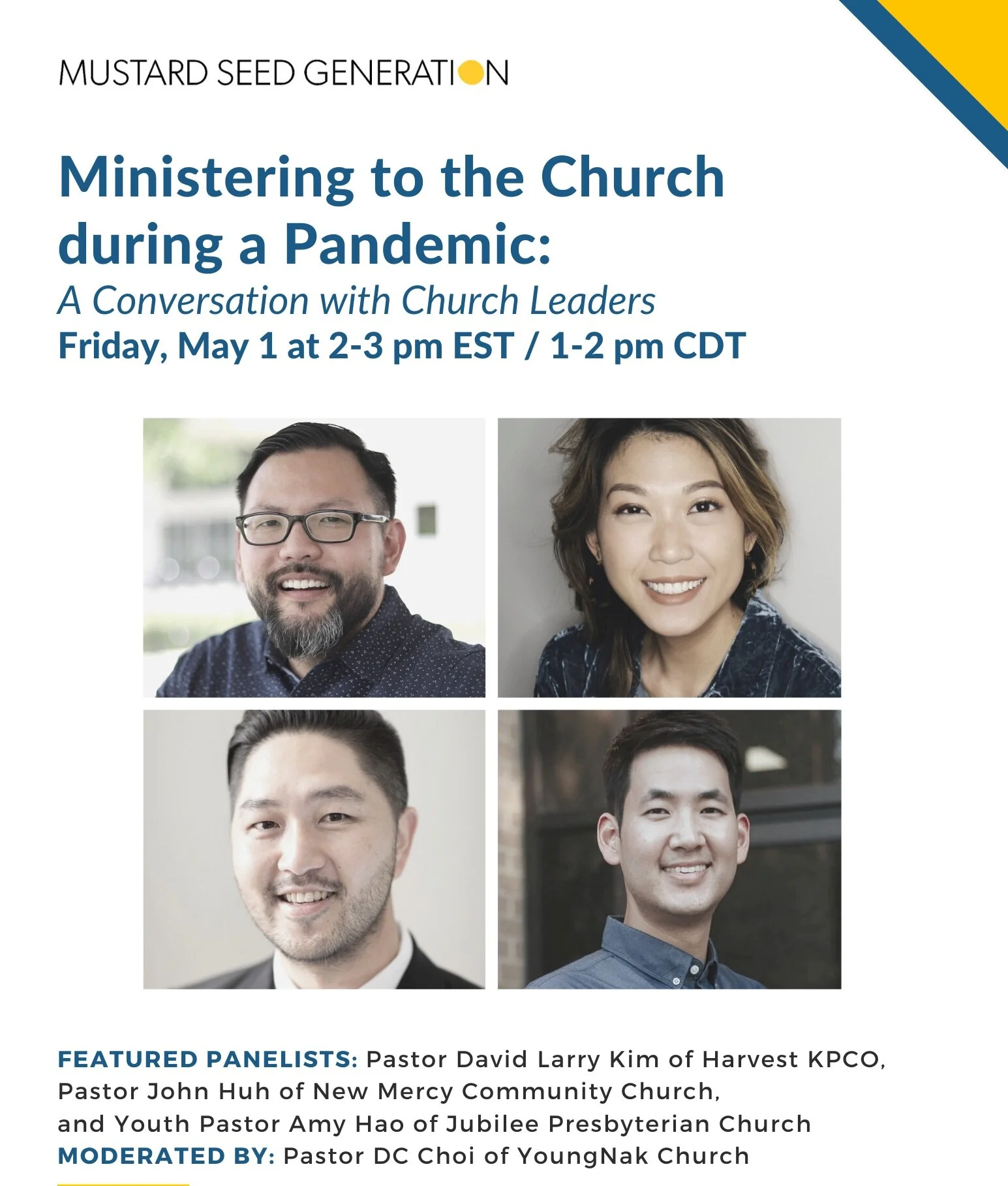Imagine coming home and sensing that something is troubling your parents. They look worried or anxious, but they don’t say a word about it. Now, imagine the reverse: you notice your child is struggling, but they pretend everything is fine. For many Korean American families, this struggle to openly share emotions is common, driven by cultural values around emotional restraint and the desire to protect loved ones from worry.
Read MoreAre you an international student or first-generation immigrant in the U.S. thinking about seeking therapy/psychological counseling? Navigating mental health services in a foreign country can be challenging, but you're not alone. In this post, we'll answer common questions Korean international students or first-generation immigrants in the U.S. have about accessing therapy for the first time.
Read MoreI was born and raised in Korea and immigrated to the United States as an adult. Now, as the mother of a two-year-old child, I spend each day filled with many concerns. Today, I want to share some of the worries I have as a first-generation immigrant mother.
Read MoreIn the constant balancing act between academic success and mental well-being, we often find ourselves sacrificing one for the other. However, by understanding our individual boundaries and finding personalized solutions, we can create a harmonious fit that nurtures both our studies and our mental health. Don't hesitate to seek support and tailor your approach to what works best for you.
Read MoreAs a Korean international student navigating doctoral studies in the United States, I vividly recall the mix of excitement and fear upon arrival. Despite the convenience of modern technology and accessibility to familiar comforts like Korean TV shows and cuisine, the challenges of cultural adaptation and the ache of separation from loved ones persist. Amidst the existential loneliness and uncertainty, seeking therapy, whether through on-campus counseling services or off-campus referrals, offers a path to mental resilience and a reminder that asking for help is a strength, not a weakness, especially in the journey of an international student.
Read MoreDeciding to start therapy is a big decision, and it can feel disappointing, frustrating, and disillusioning if your early therapy experiences dissuade you from continuing. This article is here to help you think about some important considerations when looking for a therapist that you can work with.
Read MoreThere is a great diversity of mental health practitioners, and it can be overwhelming for someone seeking mental health support. This article describes the most common types of mental health practitioners you may encounter in the United States.
Read MoreWe do not really understand what therapy is; and what we do not understand, we tend to fear. In this article, Dr. Shin Ock thus explains what therapy is and what it can look like.
Read MoreMustard Seed Generation’s webinar series launched its first episode on May 1, 2020 with a focus on church leaders’ response to the COVID crisis. The following is an edited excerpt with three questions from the Q&A.
Read MoreThe COVID-19 pandemic has brought physical and emotional consequences, as well as major economic and societal transitions -- all of which may contribute to an increase in anxiety. This article discusses potential sources of anxiety and resources to manage the anxiety.
Read MoreAs trusted leaders of the church, pastors are often the first responders to mental health problems among congregants. This may be because few Korean Americans use professional mental health services, due to language barriers, the lack of culturally sensitive mental health providers, stigma and shame surrounding mental health, and a lack of awareness about mental health disorders and services (Lee et al., 2008).
Read MoreLast month on August 24th, Dr. Josephine Kim was invited to speak at DKnet Radio '매일 그대와'. She spoke about the difficulties Korean American families face living in the United States as well as the importance of the Let's Talk! Dallas Conference that will be held on September 15th, 2018.
Please note that the broadcast is in Korean.
Read MoreA study conducted in 2009 on 20 Korean American adolescents aged 11 to 14 and their parents gives us a glimpse as to why Korean American children are stressed. The study found that the main sources of stress for them were: 1) peer relationships, 2) being treated differently or unfairly, 3) pressure to perform well academically, and 4) strained parent-child relationships.
Read More















